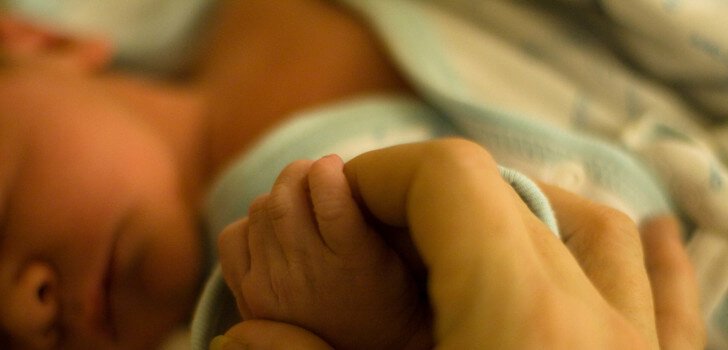According to a recent study, taking SSRI antidepressant medications such as Prozac, Paxil and Zoloft during the final two trimesters of pregnancy has been linked to a higher risk of the child having a disorder on the autism spectrum.
The study focused on 145,456 infants who were born between 1999 and 2009. A total of 1,054 of these infants were later diagnosed with autism. The average age of the first diagnosis of autism was 4.6 years ago, and boys outnumbered girls with autism at a rate of four to one.
Additionally, a total of 4,724 of the infants had mothers who took SSRI antidepressants at some point during the pregnancy. Furthermore, 2,532 of these infants continued to be exposed to the antidepressants during the second and/or third trimesters. Of these infants, 31 went on to be diagnosed with autism.
These findings suggest an 87% increased risk of having a child with autism for mothers who take SSRI antidepressants during pregnancy than mothers who do not. It is believed that the antidepressants play a role in the early development of the human brain, particularly how the brain is able to synthesize serotonin. Children with autism are often unable to produce proper levels of serotonin.
Because antidepressants are widely used and are likely to remain that way in the foreseeable future, doctors want to obtain a better understanding of the long-term neurological effects of the use of antidepressants during pregnancies. Many doctors are calling such research a “public health priority”.
Doctors are often extremely apprehensive about prescribing antidepressants to pregnant women. In the past, it has been shown that antidepressants increase the risk for spontaneous abortion, premature births, long-lasting physical issues and birth defects.
That being said, many doctors have continued to prescribe the medications, citing the belief that harms from maternal depression can lead to an even worse outcome. Depressed mothers are more likely to maintain poor nutrition, avoid medical care and have substance abuse issues. But this most recent study might discourage such arguments.
Former chairperson of the American Academy of Pediatrics committee on autism Susan Hyman said, “What this tells us is that we need to think even more carefully about the prenatal environment. And not just about birth defects you can see at the time of delivery but about longer-term consequences.”
Additionally, it has been shown that the use of SSRI antidepressants in pregnant women in increasing in the United States. In 1999, less than 6% of pregnant women took such drugs. In 2003, this number ballooned to 13%. It’s worth mentioning that although women taking such medications have a higher risk of having a child with autism, most women taking SSRI antidepressants ultimately do not have a child with the disorder.
As for expecting mothers who are taking SSRI antidepressants, they are advised to cease the use of such medications during pregnancy. Instead, they should try to obtain alternative methods for dealing with depression and anxiety, such as personal counseling. Mothers will be able to continue the use of the medications shortly after the birth of their child.
Stay Connected